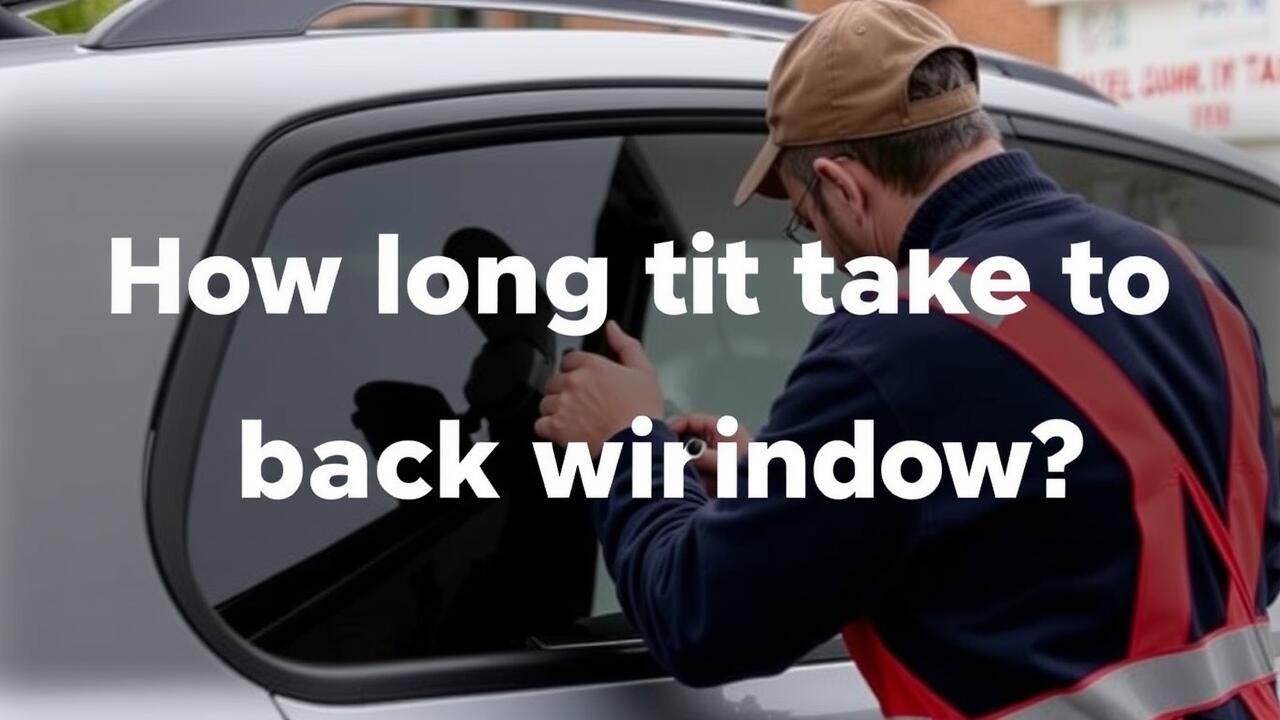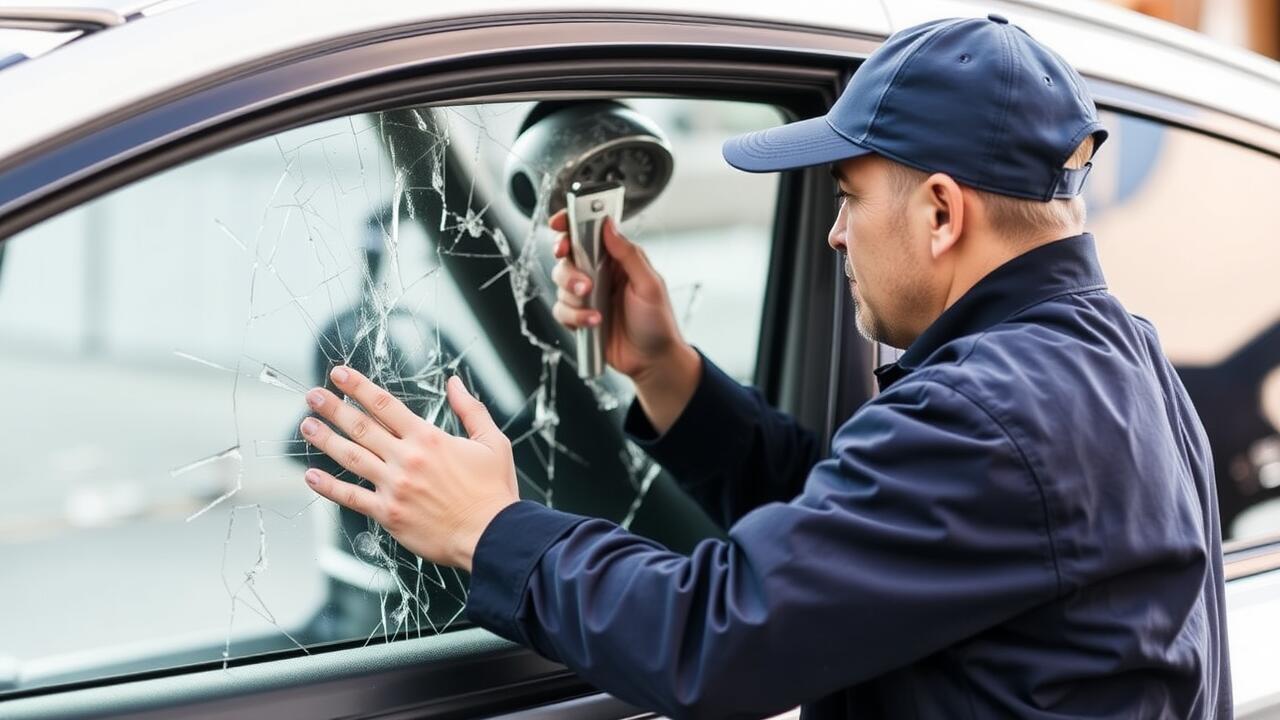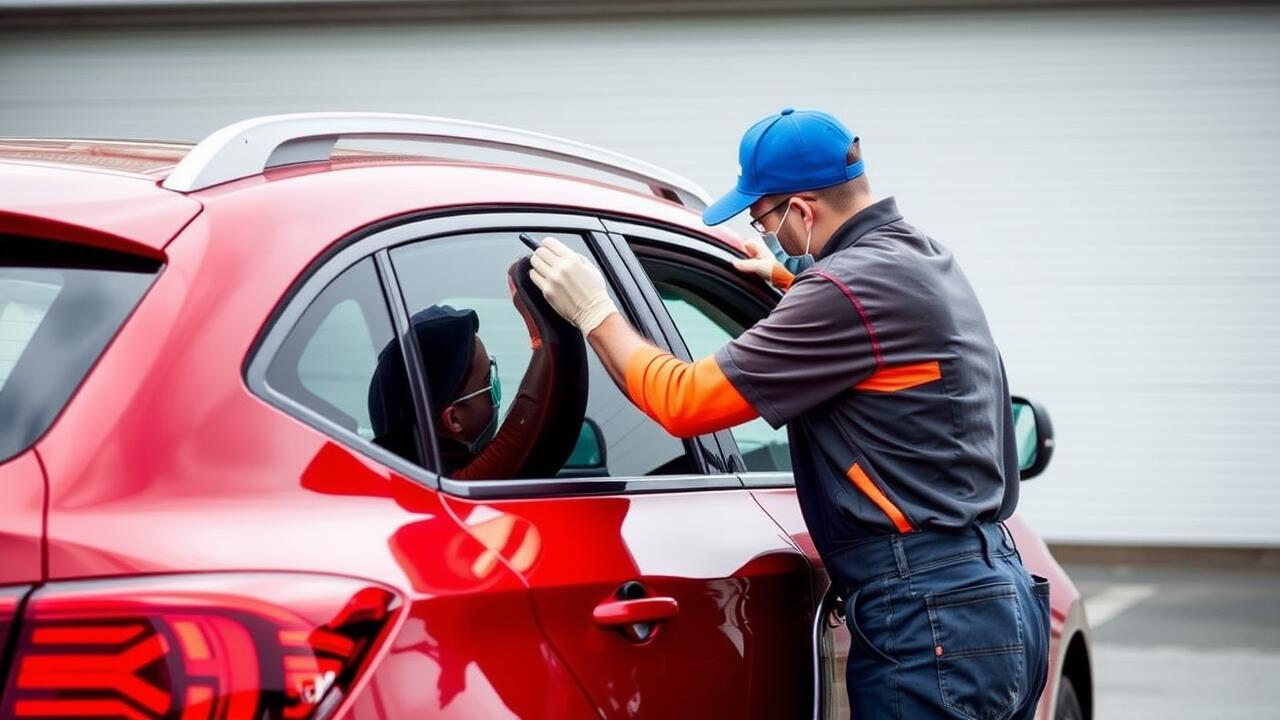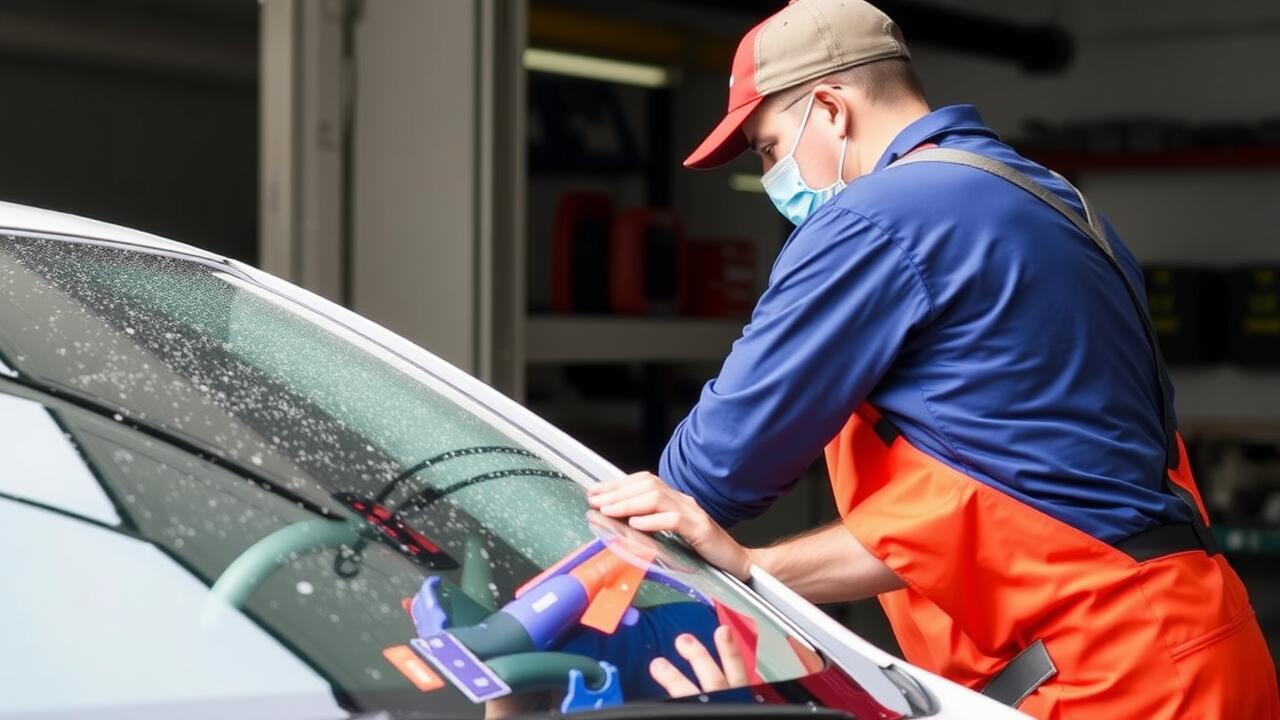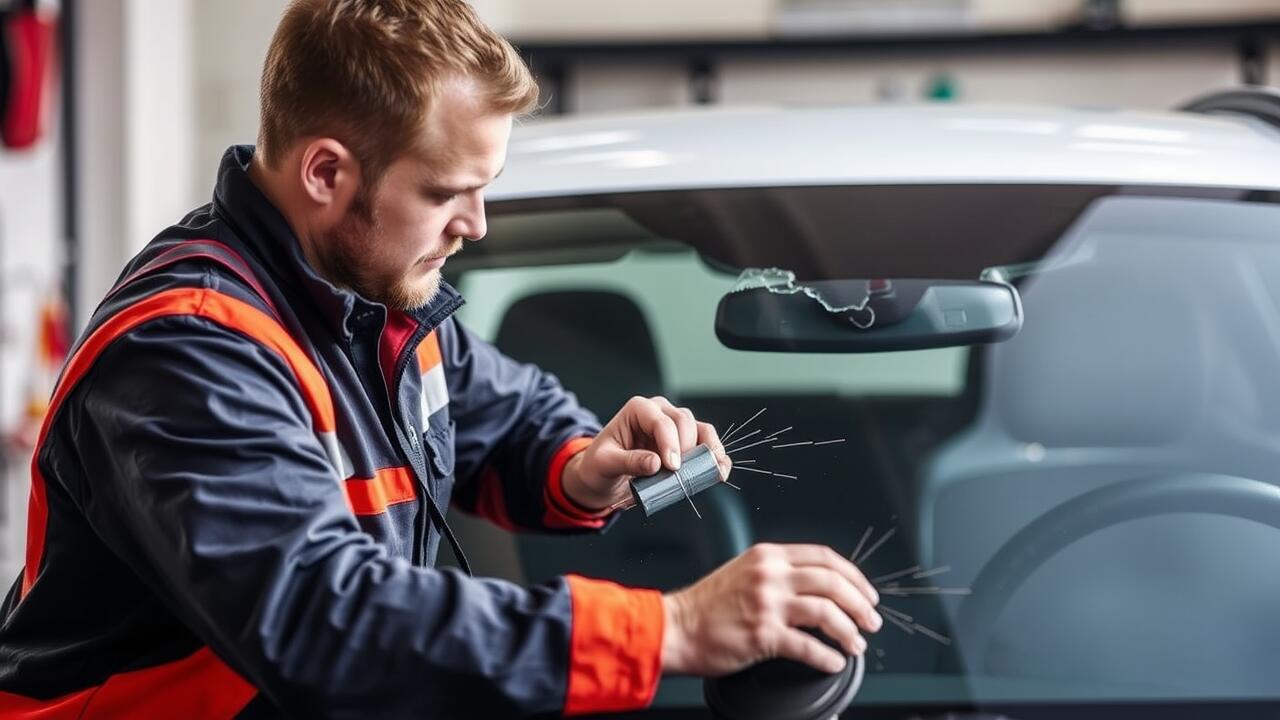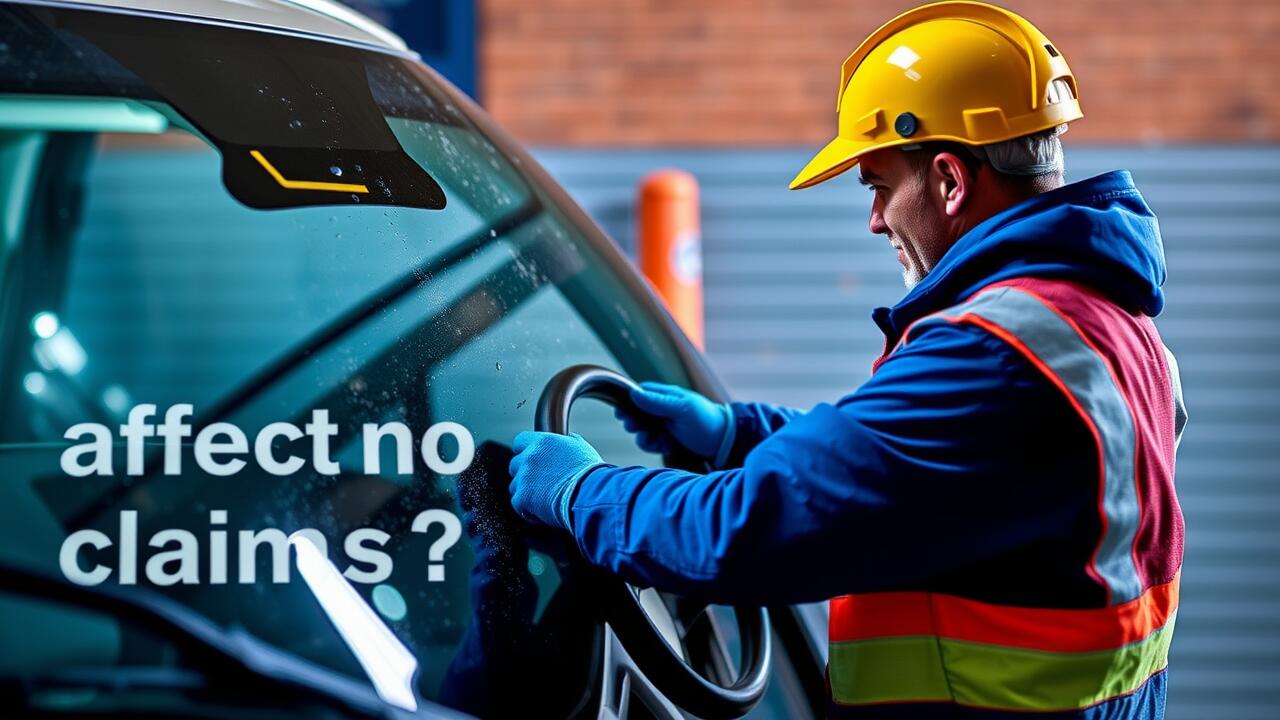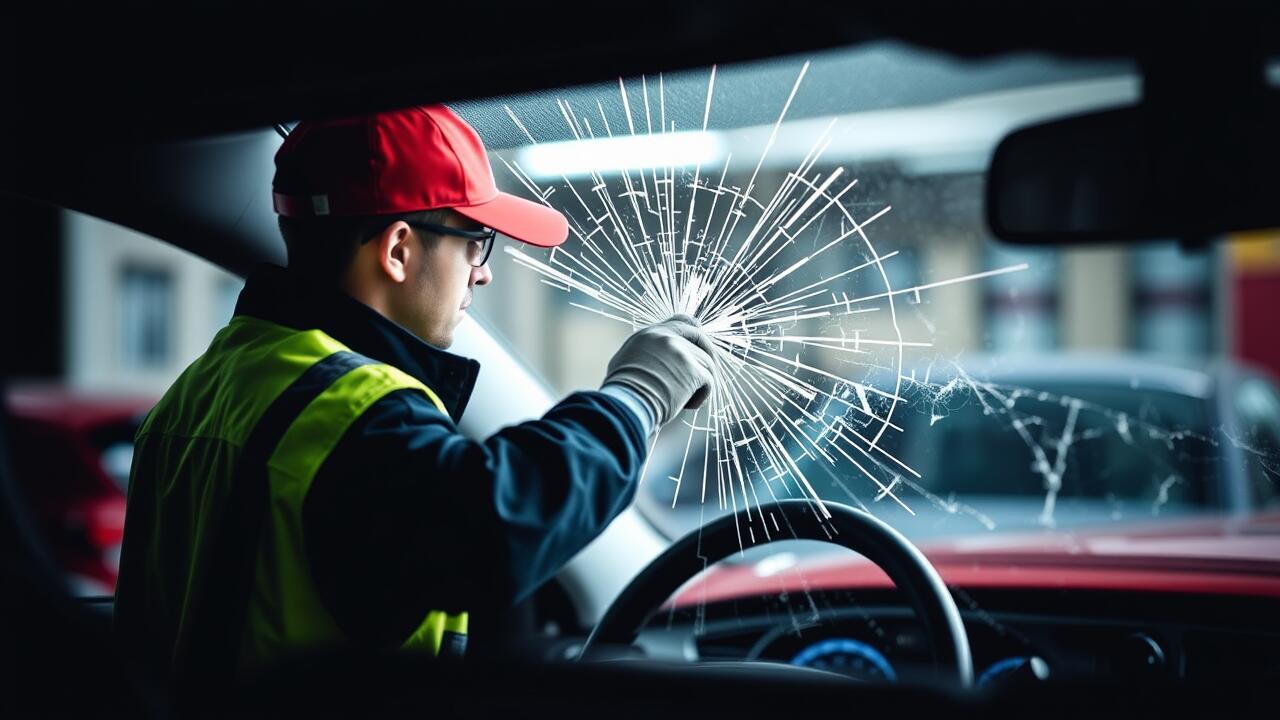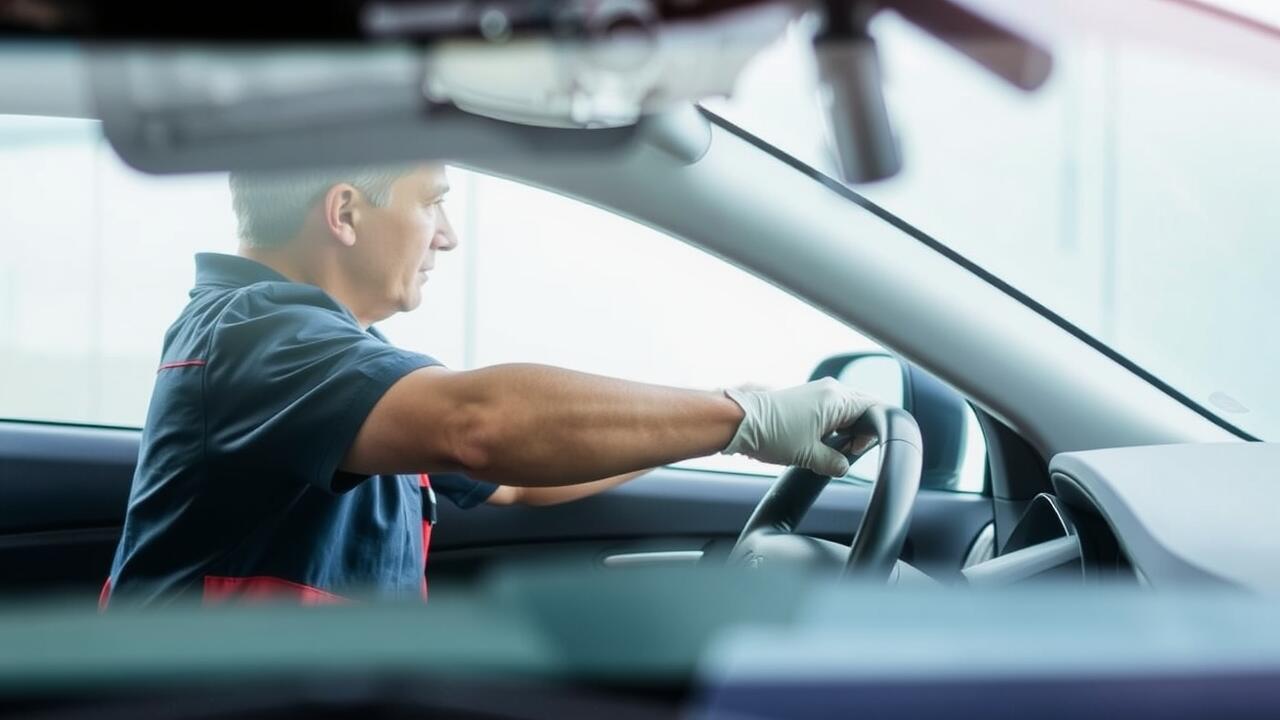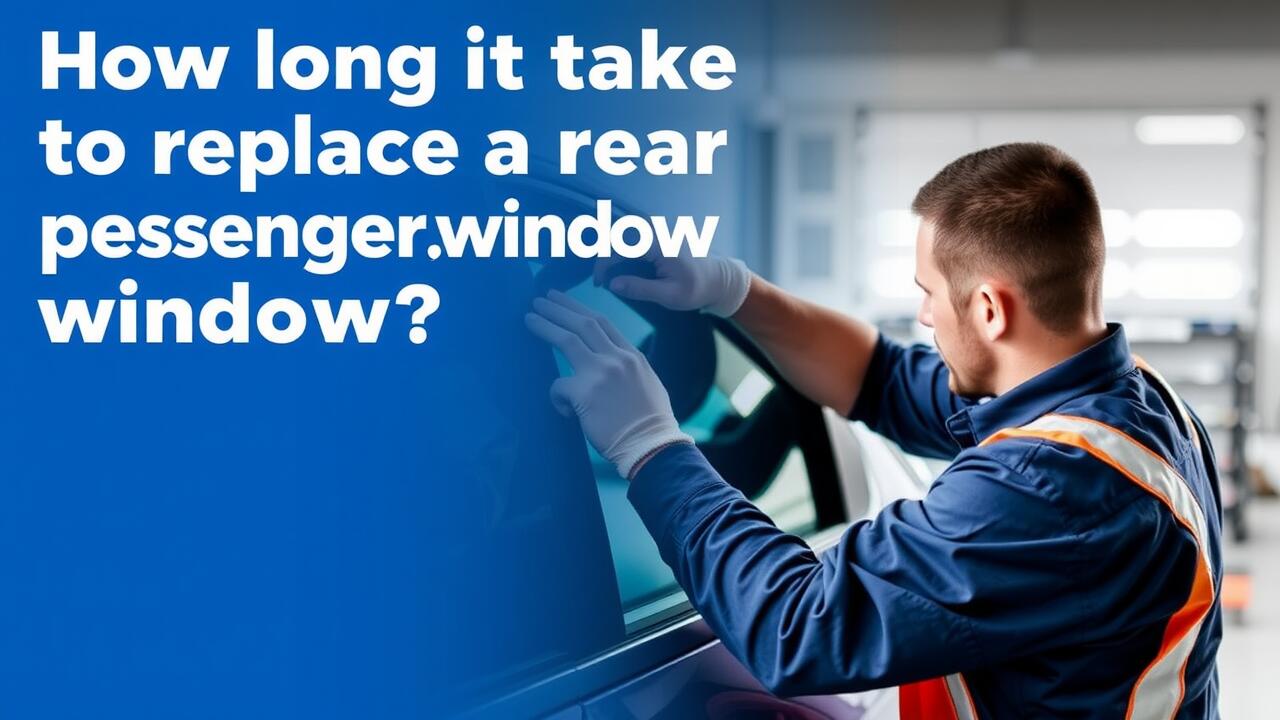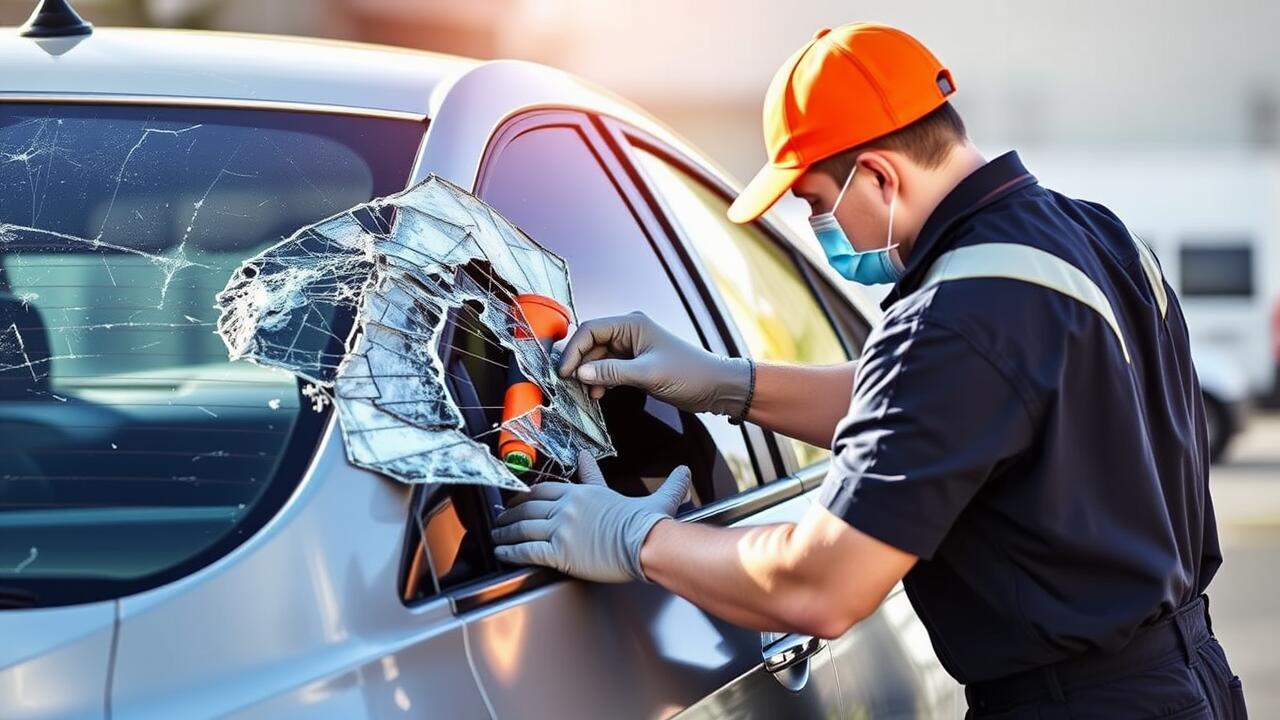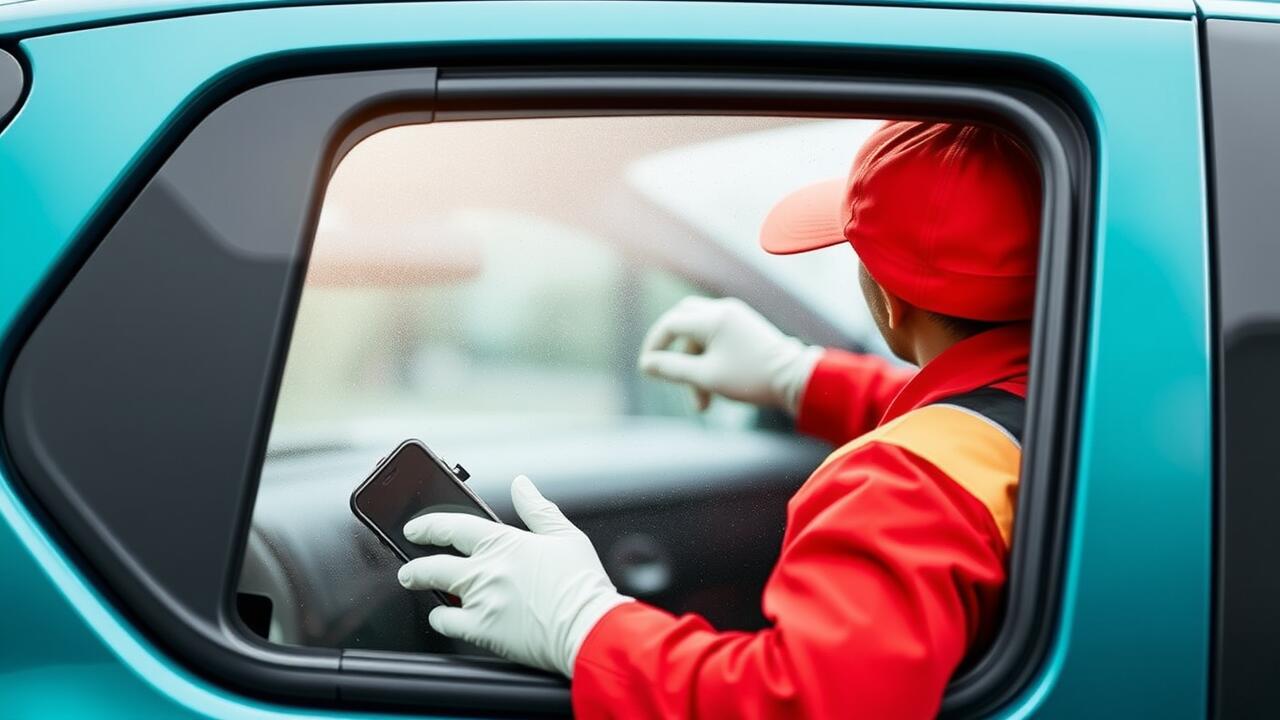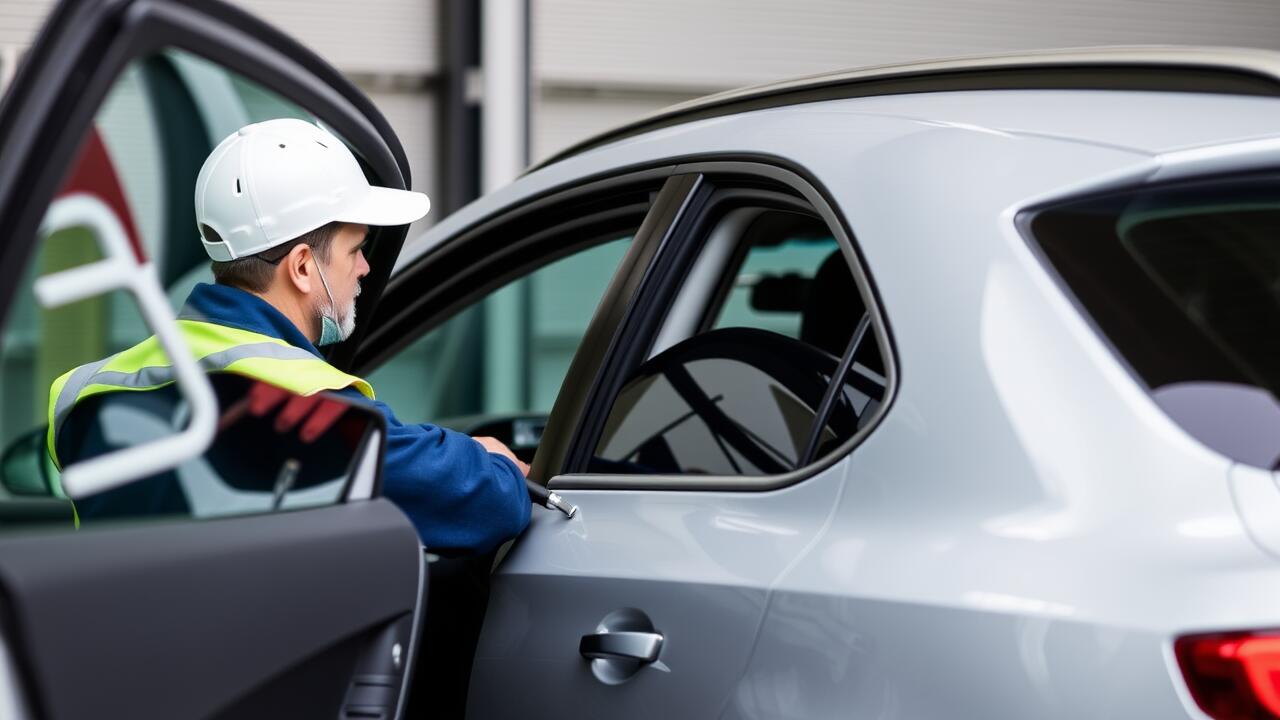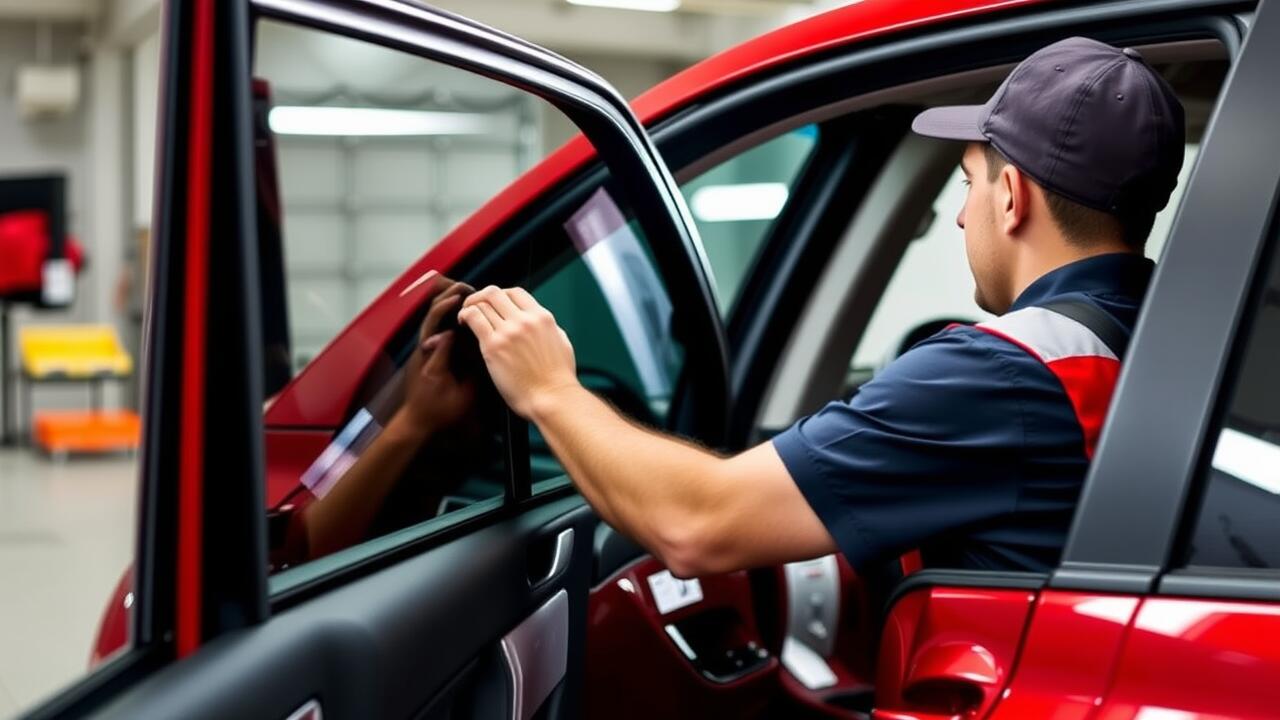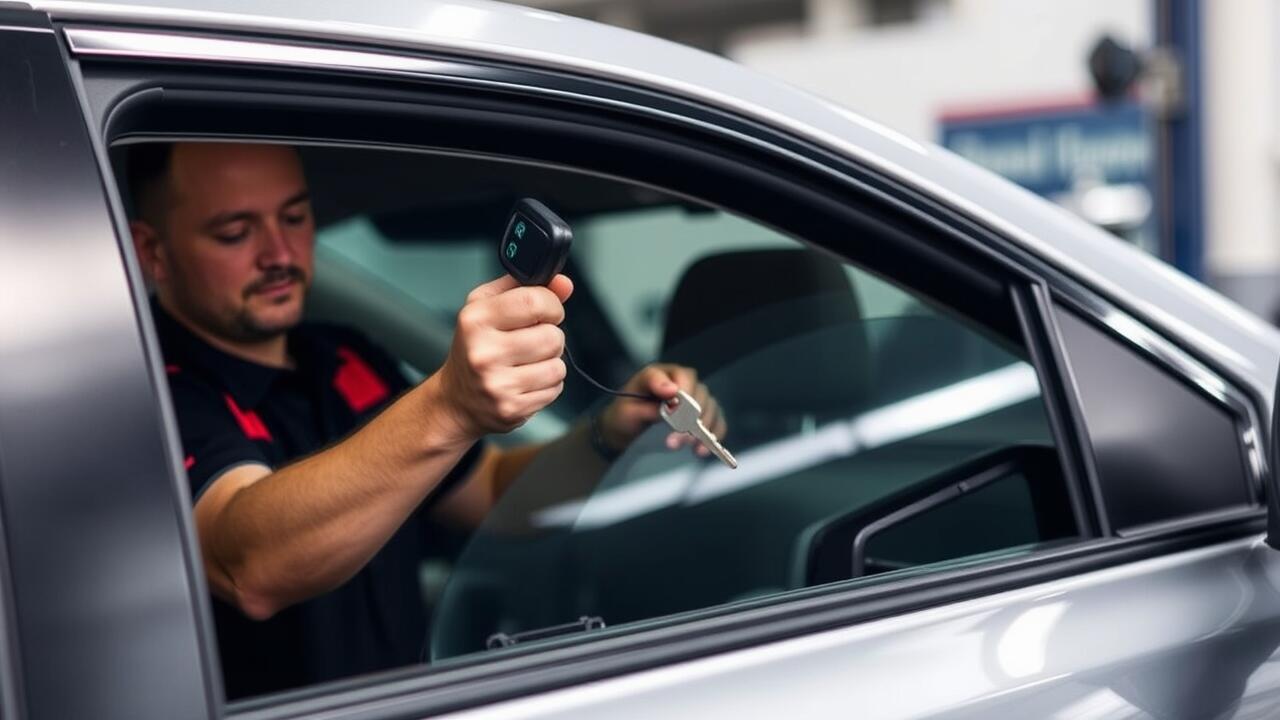
Table Of Contents
Common Myths About Claims
Many people believe that making a claim for windscreen replacement will automatically increase their insurance premiums. This is a common myth that can discourage drivers from seeking necessary repairs. In fact, many insurance companies offer specific policies where windscreen or glass claims do not impact premium rates. Understanding the details of your policy can help demystify this concern and encourage responsible vehicle maintenance.
Another misconception involves the belief that all types of glass claims are treated equally. For instance, some drivers may think that a claim for rear window replacement will have the same effect on their record as a claim for other types of vehicle damage. However, glass claims, including those related to a rear window replacement, often carry different implications in the eyes of insurers. It is essential to clarify these distinctions with your provider to gain a complete understanding of how claims will affect your insurance status.
Their blog is a great resource for information.
Debunking Misconceptions
Many people mistakenly believe that any damage to their vehicle's windscreen does not qualify as a claim under their insurance policy. This common misconception often leads individuals to overlook potential coverage for repairs or replacements. In reality, most comprehensive car insurance policies include provisions for windscreen damage, whether it involves chips, cracks, or even complete windscreen replacement. Understanding these specifics can help drivers navigate their insurance more effectively and ensure they make informed decisions.
Another myth revolves around the idea that seeking a professional for windscreen repairs or replacements will automatically lead to higher premiums. While it is true that some repairs might be treated as claims, obtaining professional help often results in a more thorough job compared to DIY attempts. This extends beyond the front windscreen; even a rear window replacement can be covered under similar terms. Evaluating the costs and risks of neglecting professional services is crucial for maintaining vehicle safety and insurance viability.
When to Replace Your Windscreen
Inspections of your windscreen should occur regularly to ensure it remains in good condition. Small chips and cracks can quickly escalate into larger issues if left untreated. Factors such as the windscreen's location and size of the damage play a critical role in determining whether a replacement is necessary. Visibility can be severely impaired by even minor blemishes, thus affecting safety on the road.
In addition to front windscreens, you should not overlook the possibility of a rear window replacement. If the rear window has significant damage, it can compromise the overall structural integrity of the vehicle. Clear visibility from all angles is essential. Regular assessments and prompt action on any damage can help avoid unexpected costs in the long run.
Signs That Replacement is Necessary
Several indicators suggest that a windscreen replacement is necessary. If you notice significant cracks or chips, especially those obstructing the driver’s view, it is essential to consider a replacement. Damage exceeding a certain size or located within the driver's line of sight typically warrants immediate attention. Moreover, if cracks radiate from a central point, their severity can compromise the windscreen’s structural integrity, making replacement a safer option.
In addition to visible damage, other factors may necessitate a windscreen replacement. Older windscreens can become weakened due to exposure to the elements, leading to an increased risk of shattering. When addressing a rear window replacement, similar considerations apply. Ensuring complete visibility is crucial for safe driving. Regular inspections can help identify issues before they escalate, ultimately protecting both the driver and passengers.
DIY Repairs vs. Professional Replacement
DIY repairs can be a tempting option for those looking to save on costs. Various kits are available that allow car owners to fix minor chips and cracks themselves. They often promise quick fixes, making it easy to overlook potential risks such as improper application leading to further damage. Despite the appeal of a DIY approach, aesthetic and structural concerns might not be adequately addressed, especially when it comes to significant issues like Rear Window Replacement.
On the other hand, professional replacement offers a comprehensive solution. Trained technicians have the expertise necessary to ensure that installations meet safety standards. They typically provide warranties for their work, offering peace of mind to vehicle owners. For significant damage requiring Rear Window Replacement, relying on professionals ensures that the integrity of the vehicle is restored correctly, which is crucial for both safety and insurance considerations.
Pros and Cons of Each Option
When considering DIY repairs for your windscreen, some people are drawn to the potential cost savings and the convenience of handling the matter on their own. Simple kits are available that enable basic fixes for small chips or cracks. However, these kits may not effectively address more extensive damage, leading to complications. In some instances, a poorly executed repair could exacerbate the issue, resulting in significant safety risks.
On the other hand, professional windscreen replacement services offer expertise and assurance. Trained technicians can accurately assess damage and ensure that the replacement, such as a rear window replacement, meets safety standards. This approach tends to be more reliable and may come with warranties, providing peace of mind. However, the cost can deter many individuals, particularly for those with budget constraints. Weighing these factors is essential when deciding on the best course of action for windscreen repair or replacement.
FAQS
Does a windscreen replacement count as a claim with Direct Line?
Yes, a windscreen replacement can count as a claim with Direct Line, depending on your policy and coverage options. It's advisable to check your specific policy details or contact customer service for clarification.
Will my insurance premium increase if I make a windscreen claim?
Making a windscreen claim might lead to an increase in your insurance premium, but this can vary based on your insurer's policies. It’s best to discuss this with Direct Line to understand how it may affect your rates.
Can I repair my windscreen instead of replacing it to avoid a claim?
Yes, if the damage is minor and meets certain criteria, you may be able to repair your windscreen instead of replacing it. This could potentially help you avoid a claim and any associated premium increase.
Are there any excess fees associated with a windscreen replacement claim?
There may be an excess fee associated with a windscreen replacement claim with Direct Line, depending on the terms of your policy. You should review your policy documents or consult with customer service for detailed information.
How can I determine if my windscreen needs to be replaced or can be repaired?
To determine if your windscreen needs replacement or can be repaired, look for signs such as cracks longer than a certain length or damage in the driver’s line of sight. It’s often best to consult a professional for an accurate assessment.



